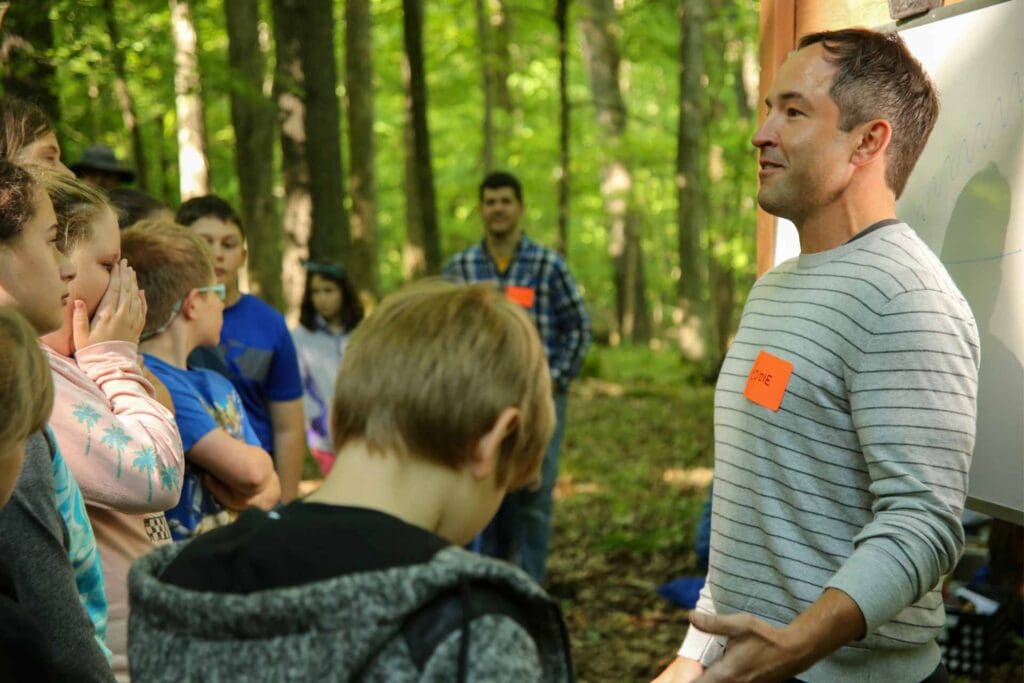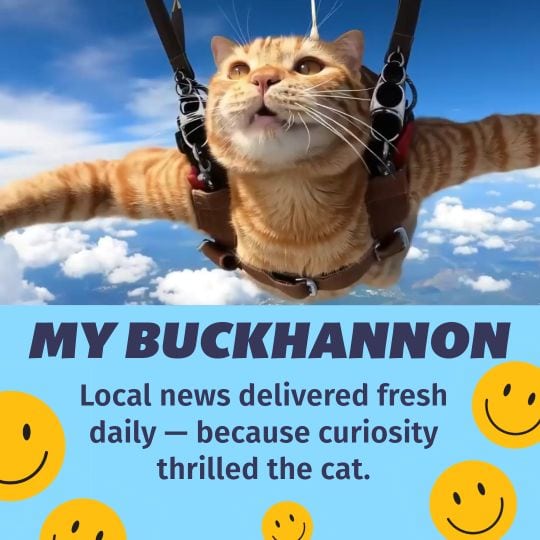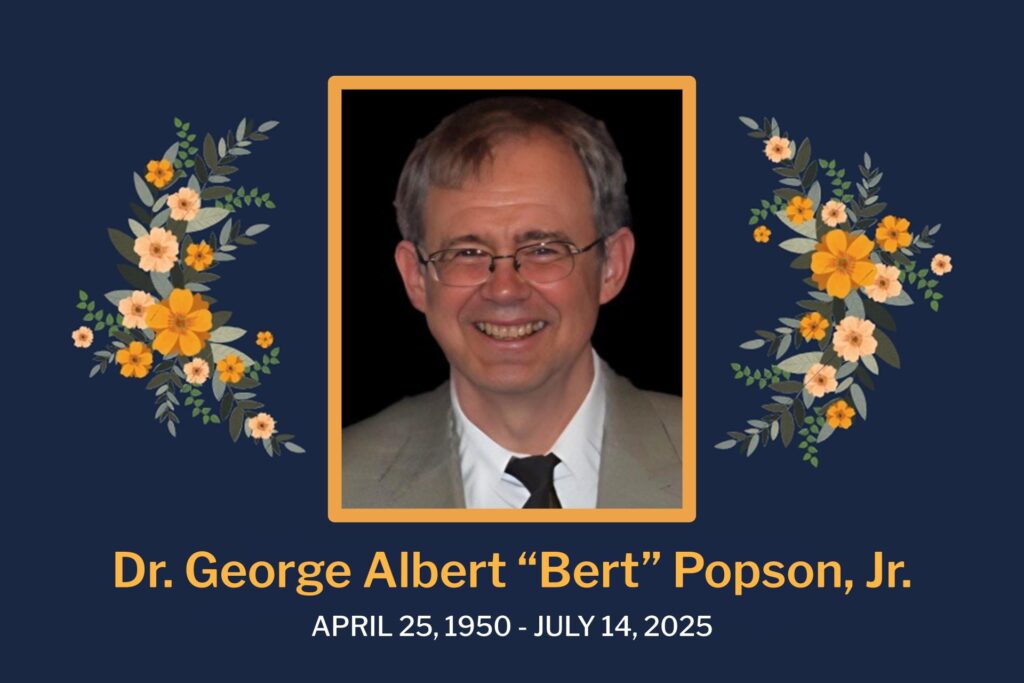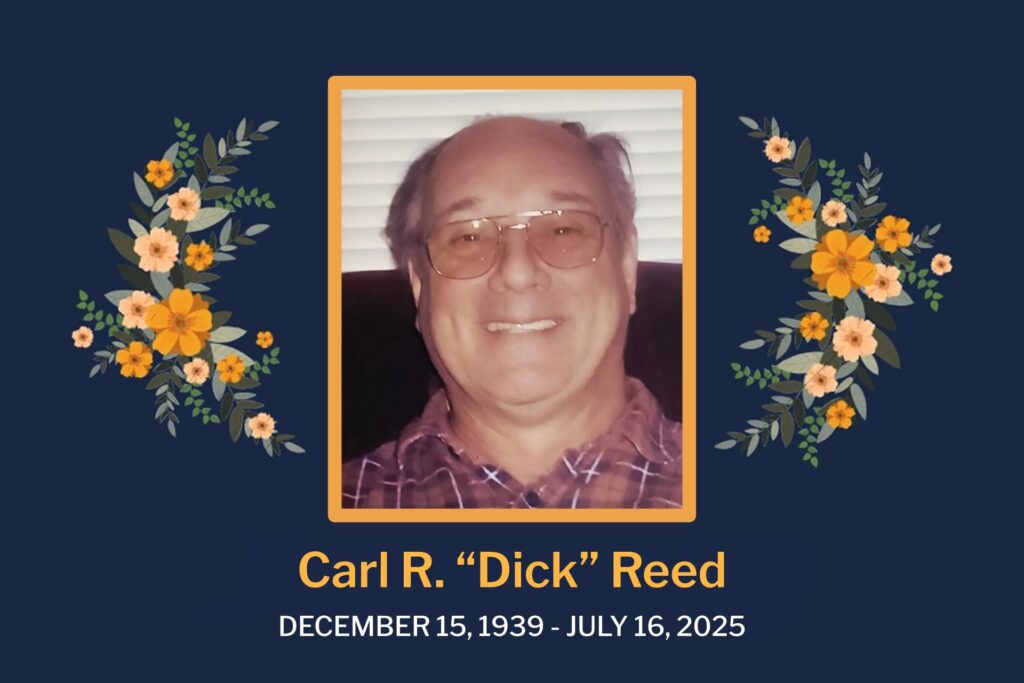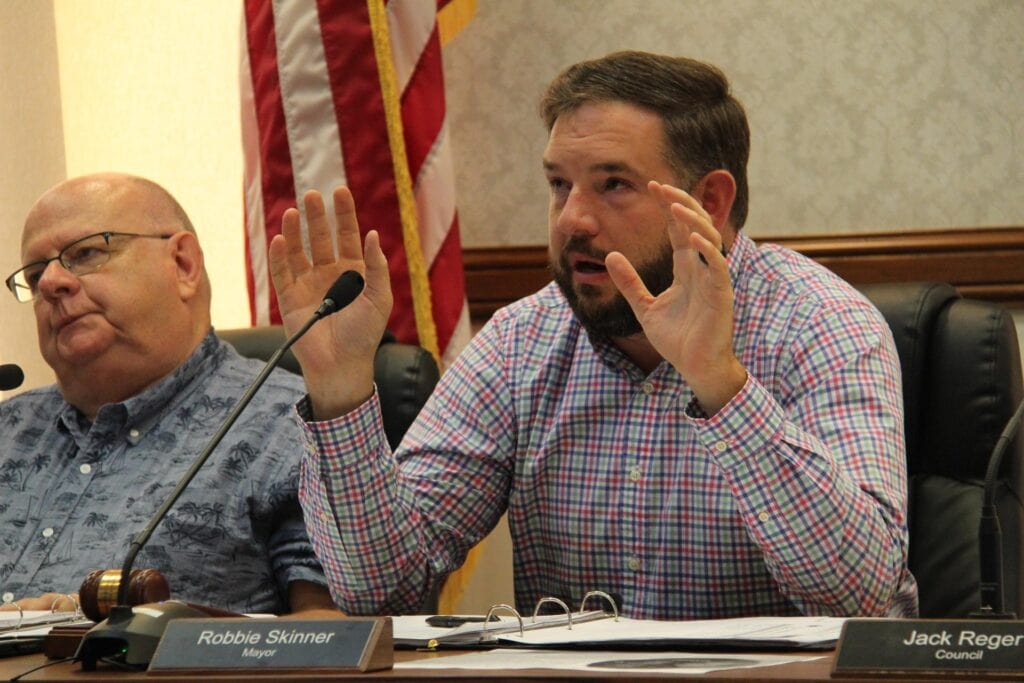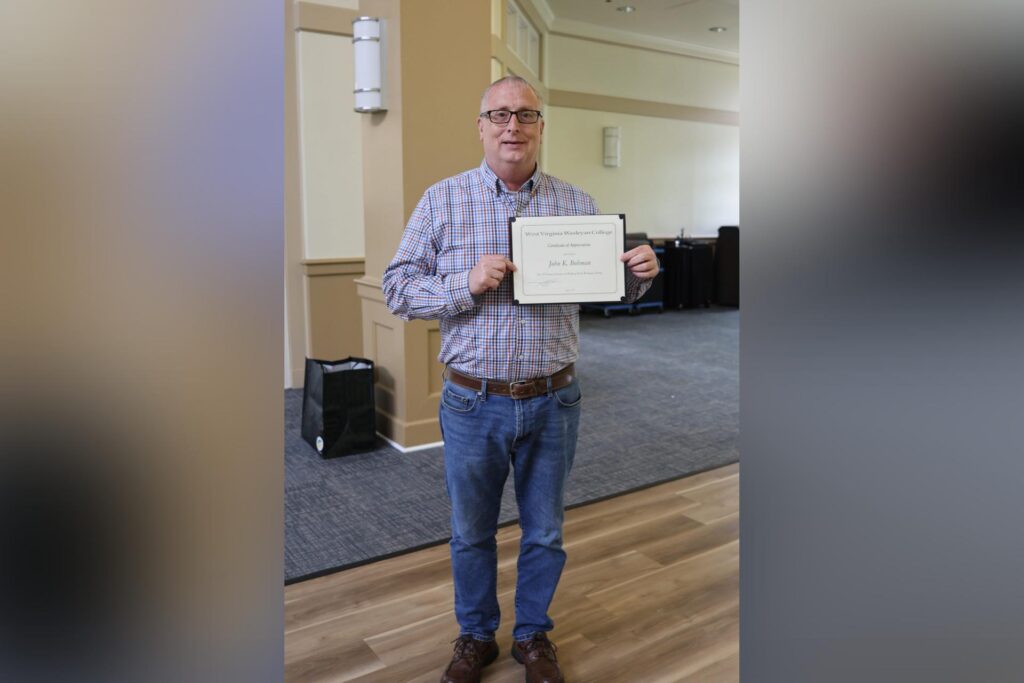Breakthroughs and research expertise nurtured at West Virginia University extend far beyond its labs, experimental sites and classrooms. In fact, WVU research efforts are unique compared to most universities, according to Vice President for Research Fred King.
“While other institutions may pursue research for its own sake, WVU stays true to its land-grant mission — focusing on research to benefit individuals and communities by seeking solutions to society’s most pressing challenges,” King said.
Since 2012, King, a chemist, has helped lead WVU to new heights in the research realm. Year after year, the University sets records for external funding for research and sponsored programs, with the latest topping $203 million for fiscal year 2021. WVU retained R1 status for “very high research activity” a year later, the most prestigious designation for research-focused institutions.
Beyond those accolades, the WVU Research Office offers a slew of initiatives under its umbrella that directly serves the people of West Virginia.
‘From ideation to creation’
In the operating room, Dr. Nova Szoka kept wondering if the inside of a stomach could be better seen beyond what existing tools, like a lighted endoscope, provided. Szoka, associate professor of bariatric surgery at WVU, realized that near infrared technology would help surgeons see tools more clearly.
Armed with an idea, Szoka next sought out Erienne Olesh, executive director of Student and Faculty Innovation at the WVU Research Office. Olesh and her team offer resources that are open to everyone — not just the University community — for developing startup companies and bringing services and products to commercialization.
With that support, Szoka and business partner Mara McFadden established Endolumik, a startup company focused on developing fluorescence-guided surgical devices. Endolumik just received Food and Drug Administration approval, the first through the FDA’s new Safer Technology Program, for Szoka’s invention.
The gastric calibration tube, Szoka said, “is placed through the esophagus and into the stomach during bariatric operations to help the surgeon create the gastric sleeve or the gastric pouch. It is a fluorescence-guided device, meaning it uses near infrared technology to enable visualization of the tube during surgery.”
The device is slated for commercial launch this spring.
“Erienne was instrumental in leading me through the steps of invention disclosure,” Szoka said. “She also encouraged me to apply for a West Virginia Clinical and Translational Science Institute Launch Pilot Grant which enabled me to develop and test a prototype of the device.”
Szoka also credited WVU Office of Technology Transfer Director James Dottavio for guiding her through the commercialization and patent process. Szoka said these experiences can catapult the ideas of other West Virginians.
“It shows that West Virginia is a place where imagination and hard work can come together to make dreams a reality,” Szoka said.
The Research Office also runs the National Science Foundation’s Innovation Corps programs in the state, open to West Virginians wanting to learn about business models and customer discovery. Through WVU, participants have access to a free course that guides them through the business model canvas and the creation of a value-driven product.
Olesh’s office has partnered with the LaunchLab to introduce a Veterans’ entrepreneurship grant program open to military Veterans and their family members in the state. The program provides free resources to Veteran entrepreneurs who need help either starting or growing a business.
“That could be getting connected into loan programs, developing a business plan or finding coaching on pitching,” Olesh said.
An upcoming pitch competition will offer more than $30,000 in technical assistance awards and prizes.
“It’s great to see ideas, like Dr. Szoka’s, come full cycle — from ideation to creation,” Olesh said. “Many technologies that come through the University have been invented to solve a problem that West Virginians face. The more we support growth and development of entrepreneurs and innovators in West Virginia, the greater the opportunity for future economic growth and development for the state.”
Bridging the gaps
The Bridge Initiative for Science and Technology Policy, Leadership and Communications was born in 2020 with the arrival of Joan Centrella, its director.
“Researchers at WVU are keenly interested in having their work make positive impacts on the public good through the University’s land-grant mission,” Centrella said. “However, many do not have the experience or skills needed to make that bridge to the policy arena. This is where we come in.
“We chose water as the first focus area for the Bridge Initiative because of its importance to the state and the depth of experience we have on campus across the spectrum of water-related issues.”
A team, comprised of more than two dozen WVU researchers from the John Chambers College of Business and Economics, Davis College of Agriculture, Natural Resources and Design, Eberly College of Arts and Sciences, Benjamin M. Statler College of Engineering and Mineral Resources, Extension and Energy Institute, developed a policymaker guide, briefs and study questions surrounding “Waters of West Virginia.”
Some recommendations included persuading the U.S. Department of Agriculture to fund a study to address water management infrastructure and flood inundation mapping actions, as well as urging the state to increase surveillance and reporting on potential infectious disease outbreaks linked to water.
Now, Bridge has shifted its focus to the opportunities and challenges for carbon dioxide removal and storage in West Virginia.
“There is a rapidly growing market for carbon dioxide removal,” said Edward Brzostek, associate professor of biology and a Bridge Faculty Fellow. “Owing to our workforce expertise, abundant forests and geologic resources, West Virginia is poised to be a leader in this arena. It is an important opportunity to enhance the sustainability of our economy and to provide economic benefits to everyday West Virginians.”
Those everyday West Virginians include forest owners.
“Small family forest owners can benefit from a carbon dioxide removal economy in West Virginia,” Brzostek said. “However, most economic benefits of forest carbon sequestration have gone to large corporate landowners. With other experts at WVU, we have been working to identify and remove barriers to market entry for small family forest owners.”
Brzostek and his Bridge colleagues recently met with members of the West Virginia House of Delegates. He said the team filled in lawmakers on how forest carbon credits could work and highlighted the benefits for West Virginia residents.
Recommendations from Bridge’s study include investing in economic incentives for carbon dioxide removal activities, like reforestation, and storage in southern West Virginia and other disadvantaged communities in the state.
Regional research
Established more than five decades ago, the WVU Regional Research Institute is internationally recognized for its interdisciplinary research on economic and social development, particularly in the Appalachian region.
As the new director of RRI, Heather Stephens is developing a plan for the next chapter of the Institute. Part of her vision is for the Institute to expand collaborations both at WVU and with other national and international partners for the betterment of West Virginia and Appalachia.
“I’m thinking this would be a win-win where we would benefit from their expertise and they would benefit from ours,” Stephens said. “And we would be able to address some research questions that are important, especially those related to the economy of the state and region. While I think there are opportunities within WVU, I will also expand collaborations with folks in other places.”
One area where Stephens sees opportunities is in increasing data-driven analysis to support policymaking.
“One of the things I see at both the federal and state levels is this tendency to create one-size-fits-all policies,” she said. “However, these policies don’t work for everyone. For example, we can have policies that work well in urban areas but not so well for anyone else. I’m interested in understanding the differences in how policies impact regions and how we can develop policies that work.”
Stephens’ research has examined questions related to energy, environmental quality, labor markets, entrepreneurship, health and regional growth.
Celebrating R1
WVU research contributions to the public will be celebrated during the fifth annual Research Week, beginning March 20.
Research Week started during the 2018-2019 academic year to highlight the faculty, staff and students who shape the University as an R1 institution. Events have spanned campus and various platforms, from research and poster sessions to networking events and workshops.
“Research Week is a way for us all to pause and celebrate the tremendous amount of work that goes into being an R1 university,” said Melanie Page, associate vice president for creative and scholarly activities at the Research Office. “There are no limits to what you may see during Research Week because research at WVU is limitless.”
